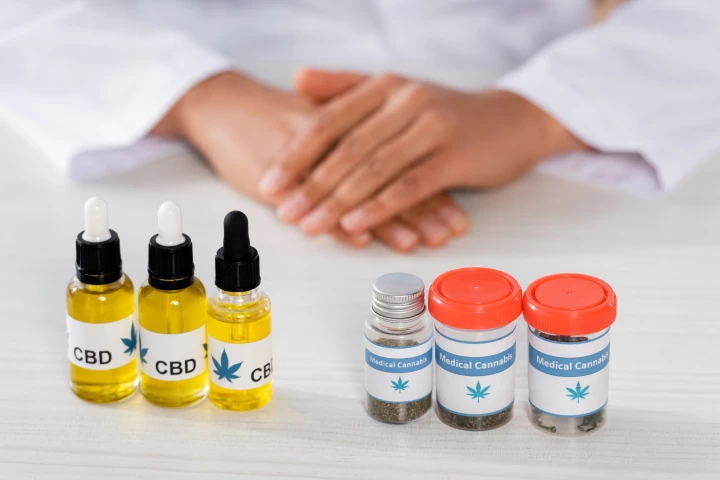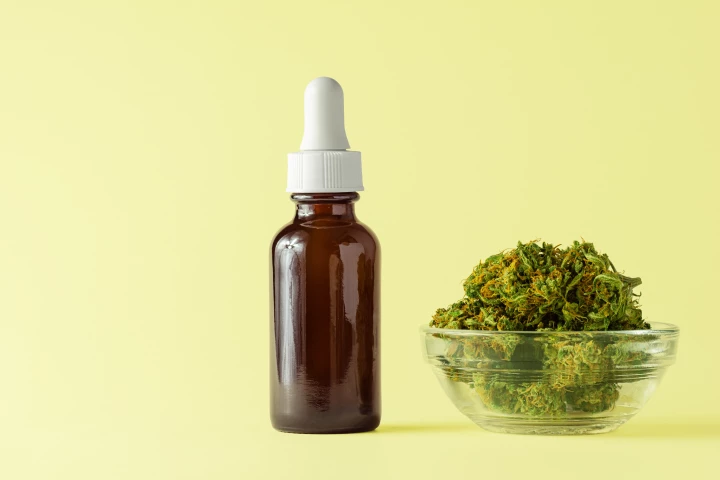Marijuana
-
Consuming cannabis can certainly be a way to deal with some health conditions like chronic pain or insomnia. But when a user goes too far and winds up in the hospital, the negative consequences can reach far into the future, says a new study.
-
For the first time, there's scientific evidence that a smaller, lesser known component of cannabis – cannabinol – delivers better quality and longer sleep. It proved to be comparable to existing sleep aids, without the undesirable side effects.
-
A new study has found that people who exclusively use marijuana have higher levels of potentially dangerous metals in their blood and urine than those who don’t, suggesting the drug may be an overlooked source of metal exposure.
-
The pros and cons of marijuana consumption are complicated from a medical point of view. Now, a new study has dropped a big weight on the "cons" side of the scale: daily use has been associated with a 34% increase in coronary artery disease.
-
Results from a trial testing the effects of CBD oil on symptoms of pain and distress in cancer patients suggest the popular product may be no more effective than a placebo, adding to an inconclusive body of research on the effects of cannabis for pain.
-
New research has reported on the consequences of feeding dairy cows commercial hemp. Despite the hemp containing negligible levels of psychoactive THC the researchers detected significant behavioral changes in the animals and levels of THC in their milk.
-
The results of a fascinating clinical trial challenge popular assumptions regarding "safer" strains of cannabis. The research found higher levels of cannabidiol (CBD) do not negate any potential adverse effects from smoking cannabis.
-
New research has estimated legalization of cannabis over the past 25 years has cost pharma companies billions of dollars in lost sales. And, if cannabis were to be legalized across the entire US, pharma stocks could rapidly drop by over 10 percent.
-
For almost a century, popular culture has presented images of lazy, unmotivated "stoners" who do little more with their lives than smoke cannabis, but across a series of lab experiments and brain imaging tests a new study is busting that long-held myth.
-
A robust new study led by researchers from Stanford University has found THC can trigger inflammation in blood vessel cells, and the researchers call for medical marijuana users to be aware of potential cardiovascular risks.
-
Delta-8 THC is similar to its commonly known psychoactive cousin, delta-9 THC, and new studies are offering the first large-scale insights into what kinds of effects people are experiencing with this unique and under-researched drug.
-
A new study has identified a pattern of brain activity that seems to correlate with impairment from cannabis intoxication. The researchers suggest this novel brain-based biomarker could be a way to accurately measure THC impairment.
Load More











